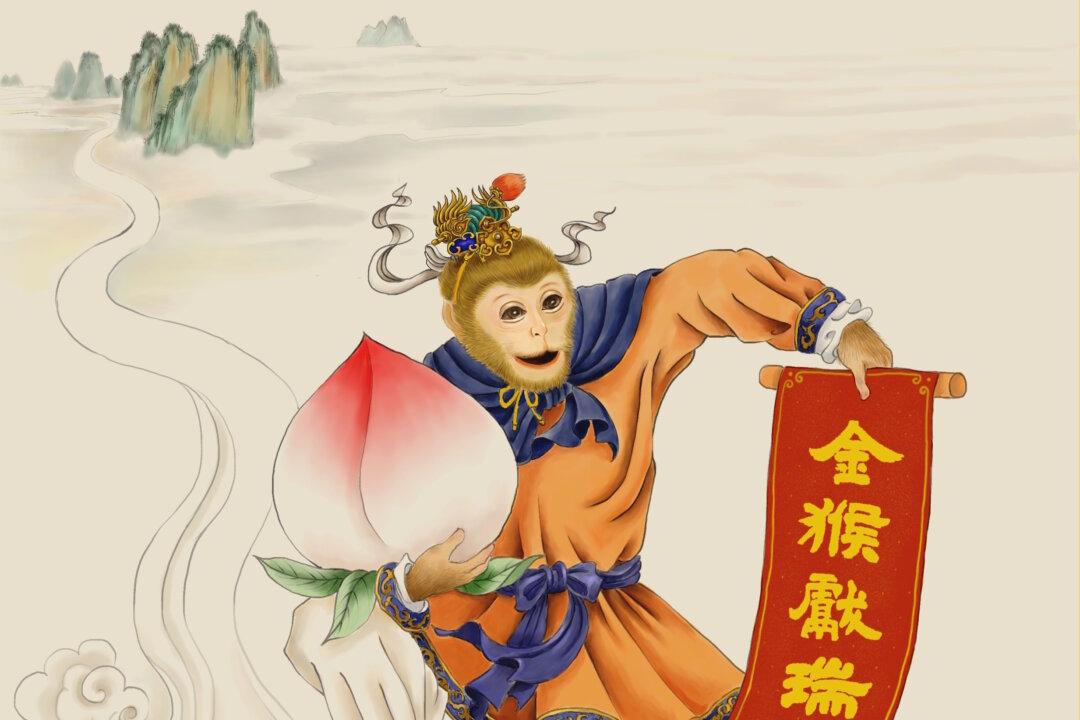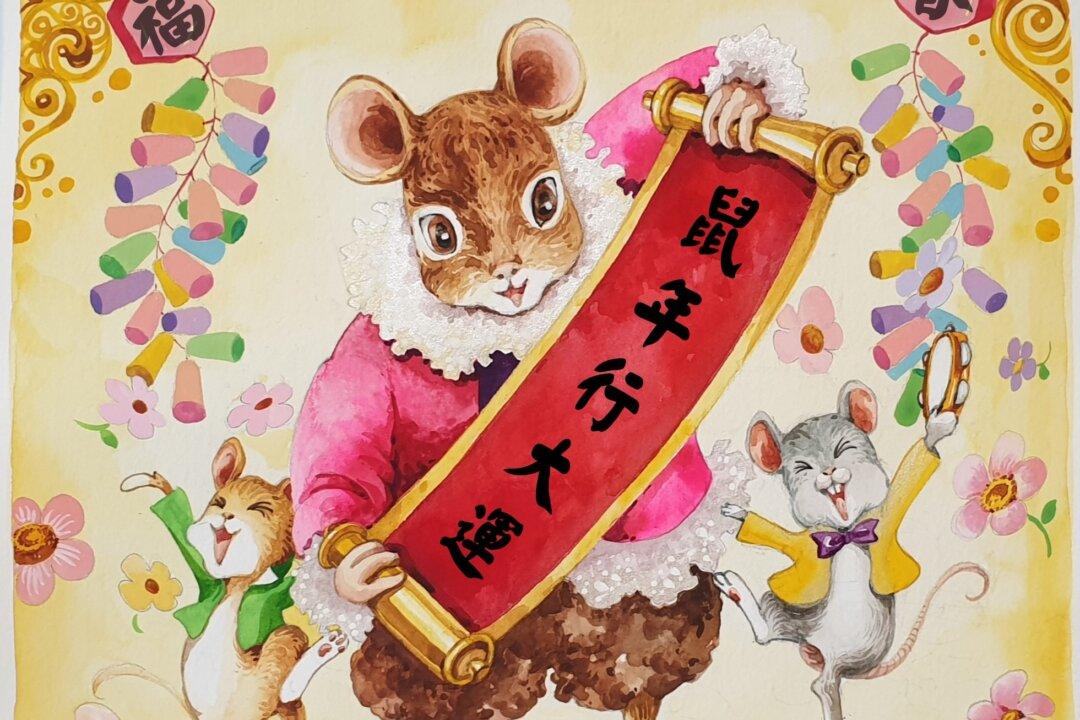Feb. 8, 2016, marks the Chinese New Year and the beginning of the Year of the Monkey, a symbol of creativity and inspiration in the Chinese zodiac.
Celebrating these themes in honour of the Year of the Monkey is a perfect time to share the story of the legendary Monkey King from the classic novel “Journey to the West.” With his fantastic martial skills and supernatural abilities, the Monkey King not only displays mighty power but also demonstrates the awe-inspiring strength and dignity of the force for good.
The Monkey King not only displays mighty power but also demonstrates the awe-inspiring strength and dignity of the force for good.




